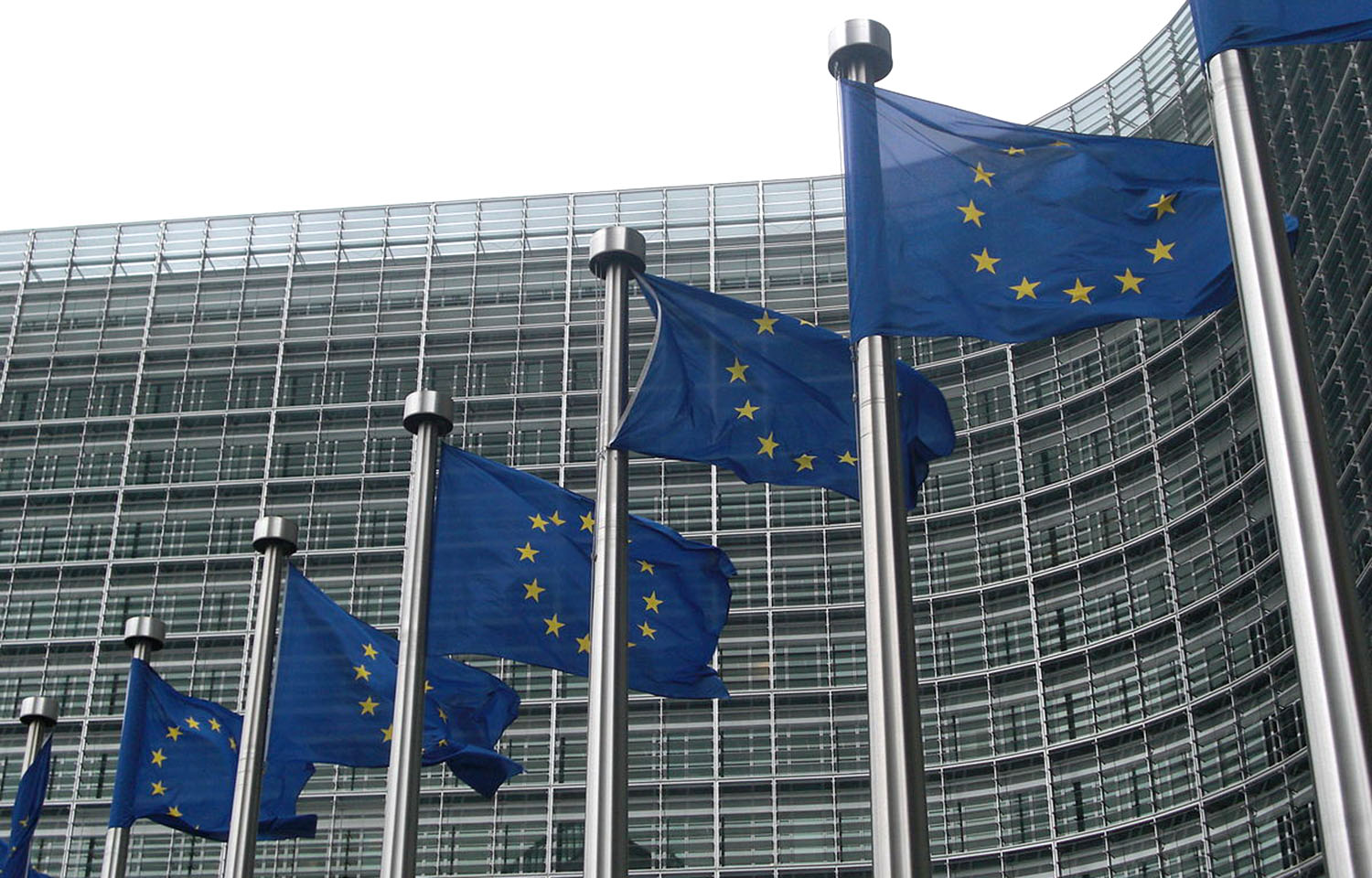The European Commission has commenced a three-day hearing investigating price-fixing cartel allegations against six leading Norwegian salmon-farming companies.
The E.C. announced in January 2024 it was advancing an investigation into price fixing in the spot market. It alleges Mowi, Cermaq, Grieg, Bremnes, Lerøy, and SalMar breached E.U. antitrust rules by colluding to distort competition in the market for spot sales of Norwegian-farmed Atlantic salmon in the E.U. between 2011 and 2019, including exchanging commercially sensitive information.
The E.C. commenced a three-day hearing on the issue, led by senior E.C. antitrust officials, on Monday, 16 September, that will run through 18 September, according to Reuters. European antitrust officials and watchdog groups may also ben invited into the closed-door hearing, Reuters reported, citing the named companies and three people with direct knowledge of the matter.
SalMar and Grieg confirmed company representatives will be attending the hearing, while Mowi declined to comment. Bremnes, SalMar, and Lerøy did not respond to a request from Reuters for comment. Each has previously denied the accusations they engaged in price fixing.
The European Commission declined to comment on the hearings. It recently concluded antitrust cases against tech giants Apple and Google.
The European Union’s investigation into the issue began in February 2019 and included raids of company facilities in several E.U. countries. Until January 2024, the E.U. had not issued any update on the investigation’s status, even as the U.S. Department of Justice opened and then closed its own investigation and as several class-action lawsuits were filed and settled. The E.U. does not face any legal deadline to complete antitrust inquiries into anticompetitive conduct.
In January, the E.C. filed a statement of objections informing the six salmon companies in writing of the allegations against them. The companies were then permitted access to review the E.C.’s investigatory file and were required to reply in writing if they wished to contest any of the statements contained in the documents. As part of their rights of defense, the companies could also have requested an oral hearing with E.U. and national competition authorities to present their views on the case, which appears to be what is taking place this week.
If the E.C. concludes there is sufficient evidence of legal infringement, it can fine each company up to 10 percent of its annual global sales. E.C. Executive Vice President for A Europe Fit for the Digital Age program Margrethe Vestager previously said manipulation of the spot market for salmon sold in the E.U. could be an infringement of Article 101 of the Treaty on the Functioning of the European Union, which prohibits cartels and other restrictive business practices.
The allegations only concern sales of fresh, whole, and gutted Atlantic salmon farmed in Norway, which accounts for nearly 80 percent of all farmed Atlantic salmon exported from Norway. Norway accounts for over half of the production of farmed Atlantic salmon worldwide, and the E.U. is its main importer. The alleged conduct does not concern frozen farmed Atlantic salmon or processed products such as salmon fillets, loins, or smoked salmon, according to Vestager.
The six Norwegian firms are also facing two lawsuits filed in the United Kingdom alleging collusion and unlawful price fixing, including one filed on behalf of consumers demanding GBP 382 million (USD 483.2 million, EUR 451.8 million) from Mowi, SalMar, Lerøy, Scottish Sea Farms, and Grieg for alleged collusion and unlawful price fixing. A similar suit filed in March 2024 by U.K. retailers including Asda, Iceland Foods, Marks and Spencer, Ocado, Morrison Supermarkets, Aldi, and Co-op claims GBP 675 million (USD 865 million, EUR 790 million) in damages.
The Norwegian companies previously paid USD 85 million (EUR 80 million) to settle a related case in the United States and reached a CAD 5.25 million (USD 3.8 million, EUR 3.6 million) settlement in Canada.
In May 2024, David Scott, the managing partner of Scott+Scott, a law firm specializing in plaintiff and claimant work in antitrust, commercial, and securities actions, outlined potential pathways for European litigation concerning the allegations of price-fixing of Norwegian farmed salmon, warning it “could get messy.”
“What is really important here, and I say this as somebody who's done this a long time, is victims don't want to wait. They can't and should not wait,” Scott told SeafoodSource. “They have to put together a recoupment plan, and the recoupment opportunities in these cases are significant.”








